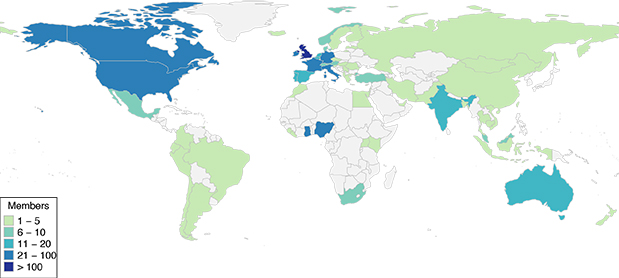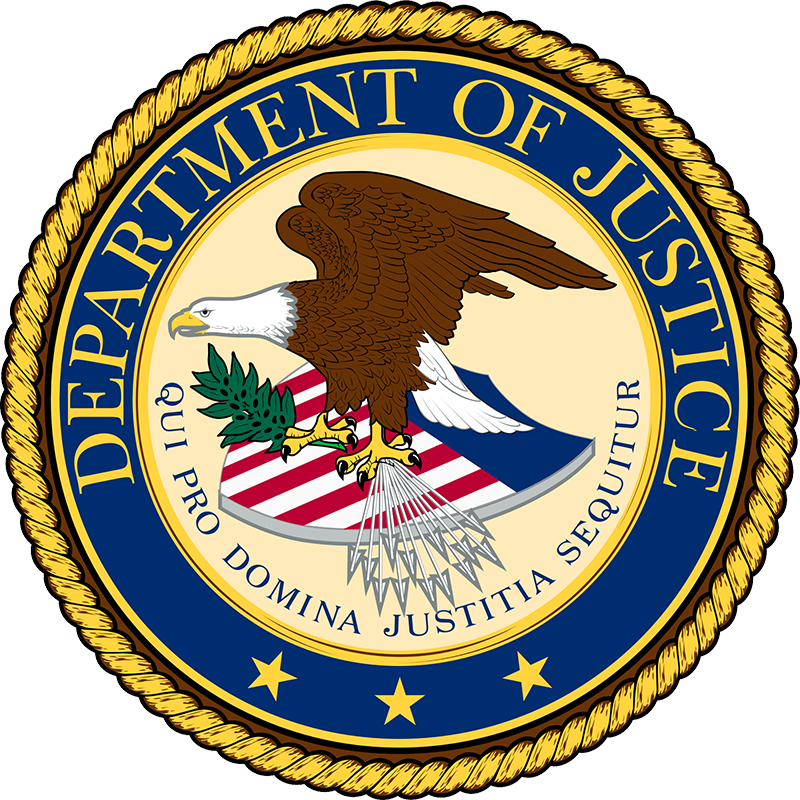Coordination among the various agencies and laboratories responsible for food safety is an ongoing challenge. Coordination and standardization of laboratories and methods related to food authenticity testing can be even more challenging. As noted in the Elliott Review into the Integrity and Assurance of Food Supply Networks (conducted following the 2013 horsemeat incident):
“Official controls of food authenticity require a wide range of analytical and molecular biological techniques, many with exacting instrumentation requirements and in-depth scientific interpretation of the datasets generated. No single institution…could field the complete range of such techniques with the required expertise.”
One of the recommendations in Elliott Review was the establishment of an “Authenticity Assurance Network” to facilitate standardized approaches to food authenticity testing. This network would also enable better coordination among government departments related to policies, surveillance and criminal investigation around food fraud. The Food Authenticity Network (FAN) was subsequently established in 2015 by the U.K. government and serves as a repository for news and information on best practices for food authenticity testing methods and food fraud mitigation. At the heart of FAN, there is a network of laboratories that provide authenticity testing, which are designated as Food Authenticity Centers of Expertise (CoE). A contact person is named for every CoE so that stakeholders can communicate with them regarding food authenticity testing. There is a call currently open for UK Food Authenticity Centres of Expertise, so take a look and see if your laboratory fits the requirements.
Over the past four years, FAN has grown to more than 1,500 members from 68 countries/territories and in 2019, more than 12,000 unique users accessed information on the network’s website.

The site currently hosts 101 government reports, 77 standard operating procedures (SOPs), 16 survey reports, and 22 reports on nitrogen factors (which are used for meat and fish content calculations). Importantly, the site also includes a section on food fraud mitigation, which signposts some of the world’s leading services, guidance and reports aimed at preventing fraud from occurring.
FAN posts periodic newsletters with updates on funded projects, research reports, government activity, upcoming conferences, and other news of interest related to assuring the integrity of food. The latest newsletter has just been issued.
In its efforts to create a truly global network, as well as reaching out to the international food community, FAN is collaborating with other governments. In 2019, Selvarani Elahi gave presentations on FAN in Ghana and Vietnam, and discussions are currently taking place with the Ghana Food and Drugs Administration and the International Atomic Energy Agency about creating bespoke country-specific pages. In 2018, FAN was recognized at a Codex Alimentarius Commission meeting as being a “leading example of an integrity network.” Discussions are also in progress with multiple Codex Member countries.
FAN is an open access platform and membership is free (you can sign up here). The benefits of membership include access to closed discussion fora on the site, customizable email alerts, and options to communicate with other network members, as well as a monthly highlights email that rounds up the month’s activities in one convenient location.
The Network was set-up with funding from the Department for Environment, Food and Rural Affairs, the Food Standards Agency, Food Standards Scotland, and is currently supported with public-private partnership funding from the Department for Business, Energy and Industrial Strategy, McCormick and Company, LGC Standards and the Institute of Food Science & Technology.







